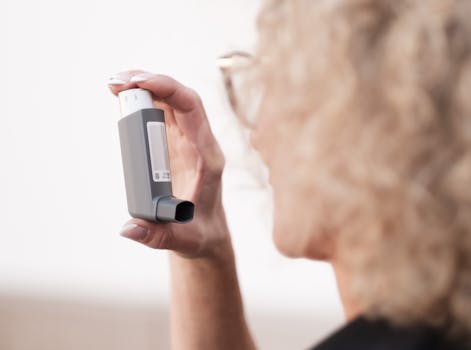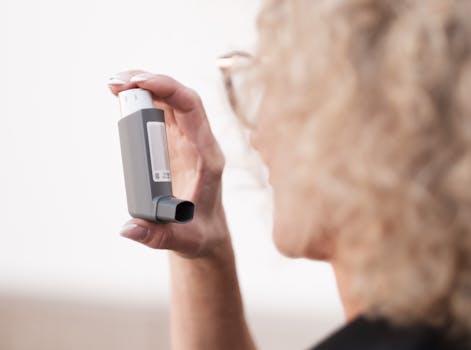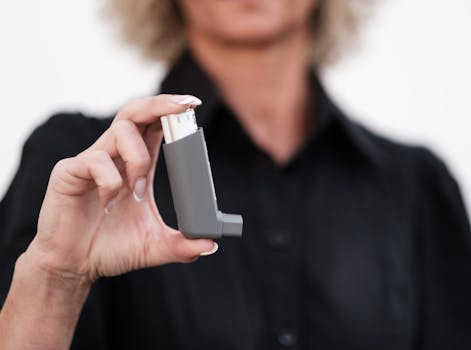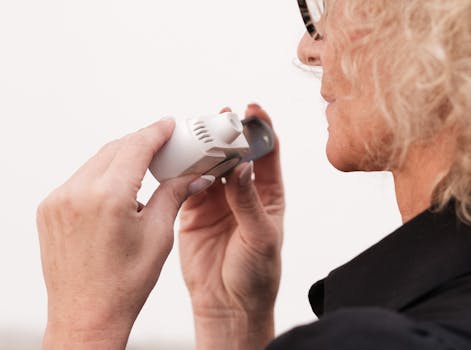
Table of Contents
Introduction


Common Allergies

- Pollen Allergies: Often referred to as hay fever or allergic rhinitis, pollen allergies occur when the immune system reacts to pollen from trees, grasses, and weeds.
- Food Allergies: Common food allergens include nuts, shellfish, dairy, eggs, and wheat. Symptoms can range from mild to severe and may include anaphylaxis in extreme cases.
- Dust Mite Allergies: Dust mites are tiny creatures that thrive in household dust. Their droppings can trigger allergic reactions and asthma.
- Pet Allergies: Proteins found in pet dander, saliva, and urine can cause allergic reactions in sensitive individuals.
- Insect Sting Allergies: Reactions to stings from bees, wasps, and other insects can be severe and sometimes life-threatening.
Symptoms of Allergies

- Respiratory Symptoms: These may include sneezing, runny or stuffy nose, itchy eyes, and difficulty breathing.
- Skin Reactions: Hives, rashes, or eczema can occur as a result of contact with allergens.
- Gastrointestinal Symptoms: Nausea, vomiting, and diarrhea may occur, particularly with food allergies.
- Anaphylaxis: This is a severe, potentially life-threatening reaction that can cause swelling of the throat, difficulty breathing, rapid pulse, and loss of consciousness.
Common Allergy Triggers

- Pollen: Seasonal changes often bring increased pollen counts, which can trigger symptoms in sensitive individuals.
- Animal Dander: Having pets can expose individuals to dander, leading to allergic reactions.
- Household Dust: Dust mites thrive in bedding, carpets, and upholstered furniture, making them a common trigger.
- Mold: Mold spores can be found indoors and outdoors, and exposure can lead to allergic reactions.
- Food Items: Certain foods can trigger allergic reactions in those who are sensitive to them.
Management Techniques

- Avoidance: The most effective way to manage allergies is to avoid known triggers whenever possible.
- Medications: Antihistamines, decongestants, and corticosteroids can help alleviate symptoms. Always consult a healthcare provider before starting any medication.
- Allergy Shots: Allergen immunotherapy can help desensitize the body to specific allergens over time.
- Home Remedies: Saline nasal sprays, air purifiers, and regular cleaning can help reduce exposure to allergens at home.
- Consultation with an Allergist: For severe allergies, consulting with a specialist can provide tailored strategies and treatments.
See more:
https://www.aafa.org/allergies/
https://www.webmd.com/allergies/guide/allergy-overview
https://www.mayoclinic.org/diseases-conditions/allergies/symptoms-causes/syc-20321637





